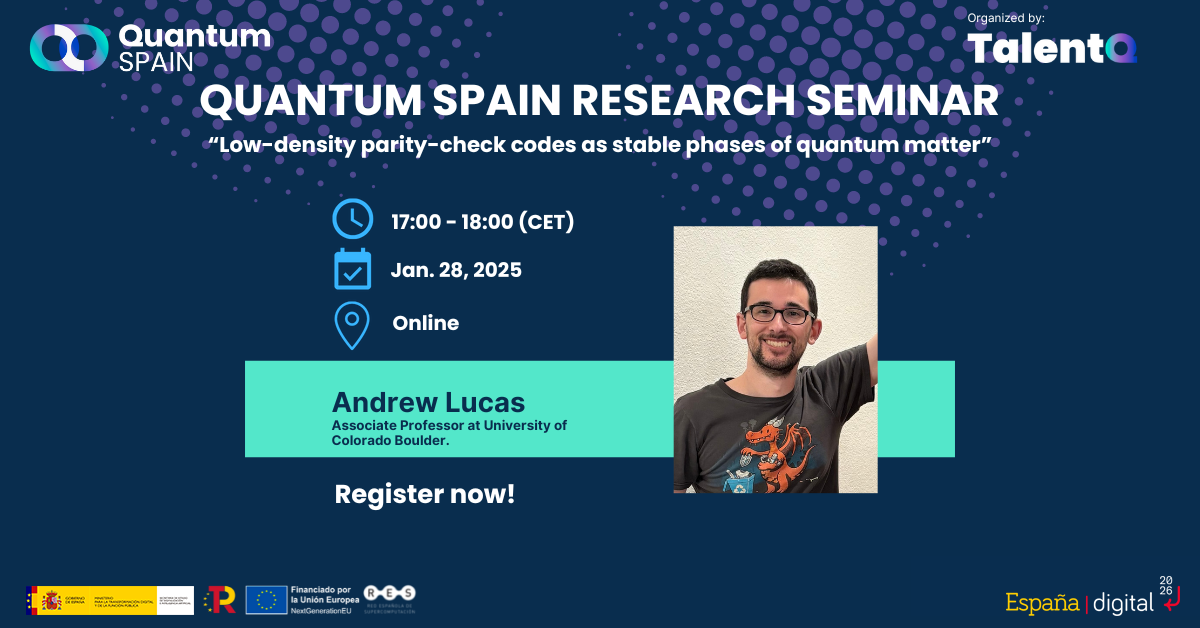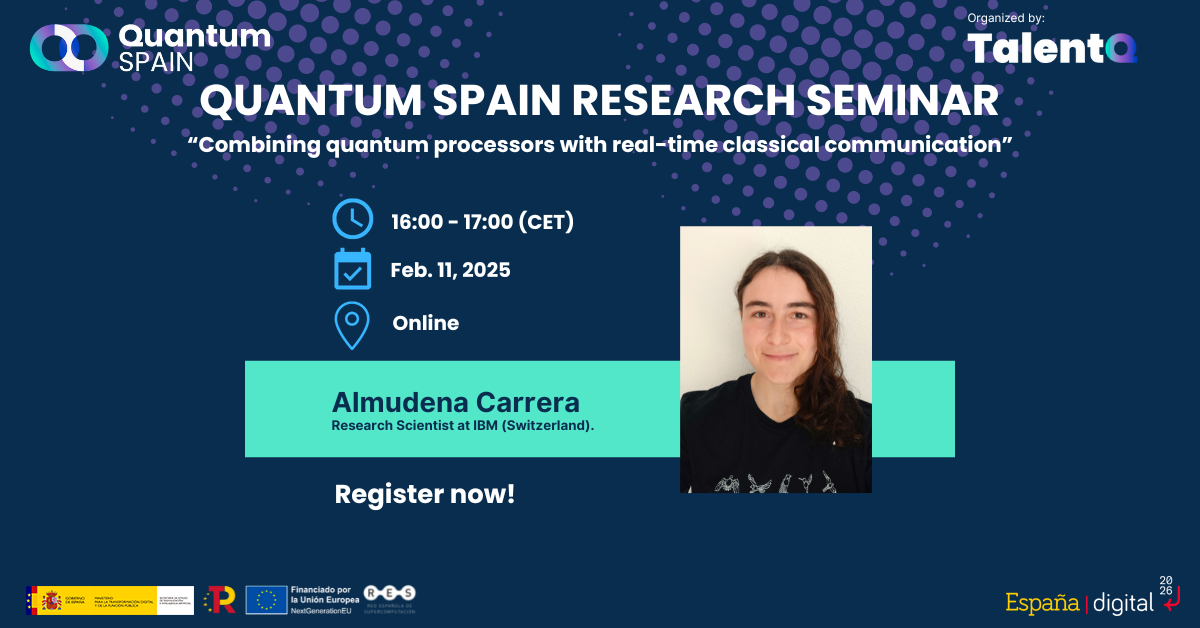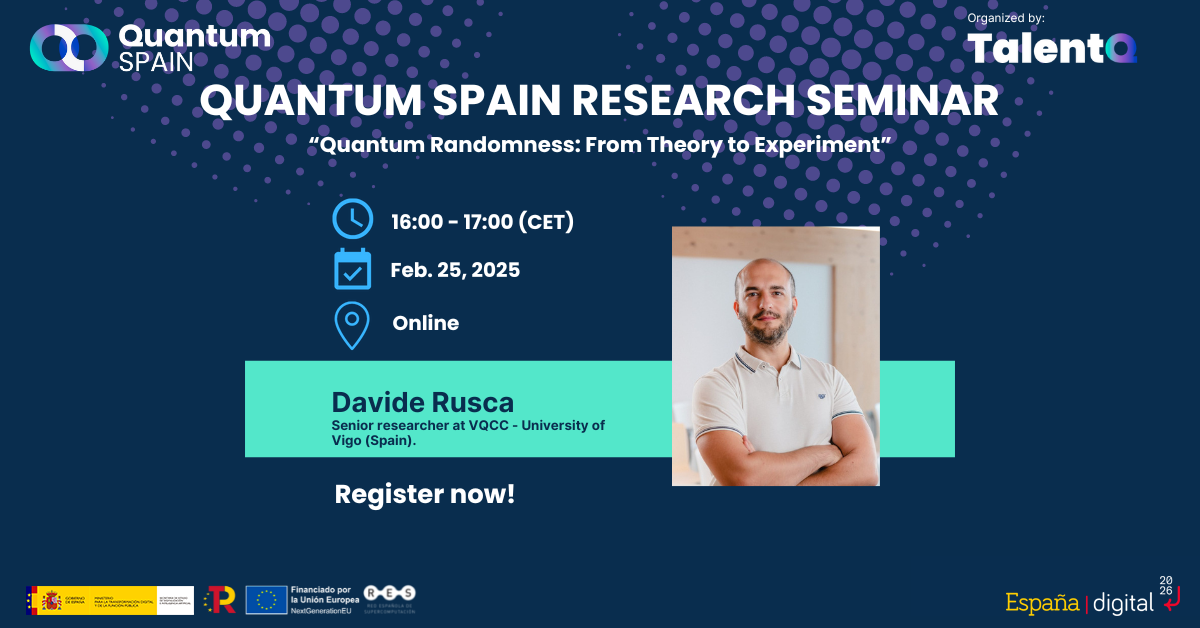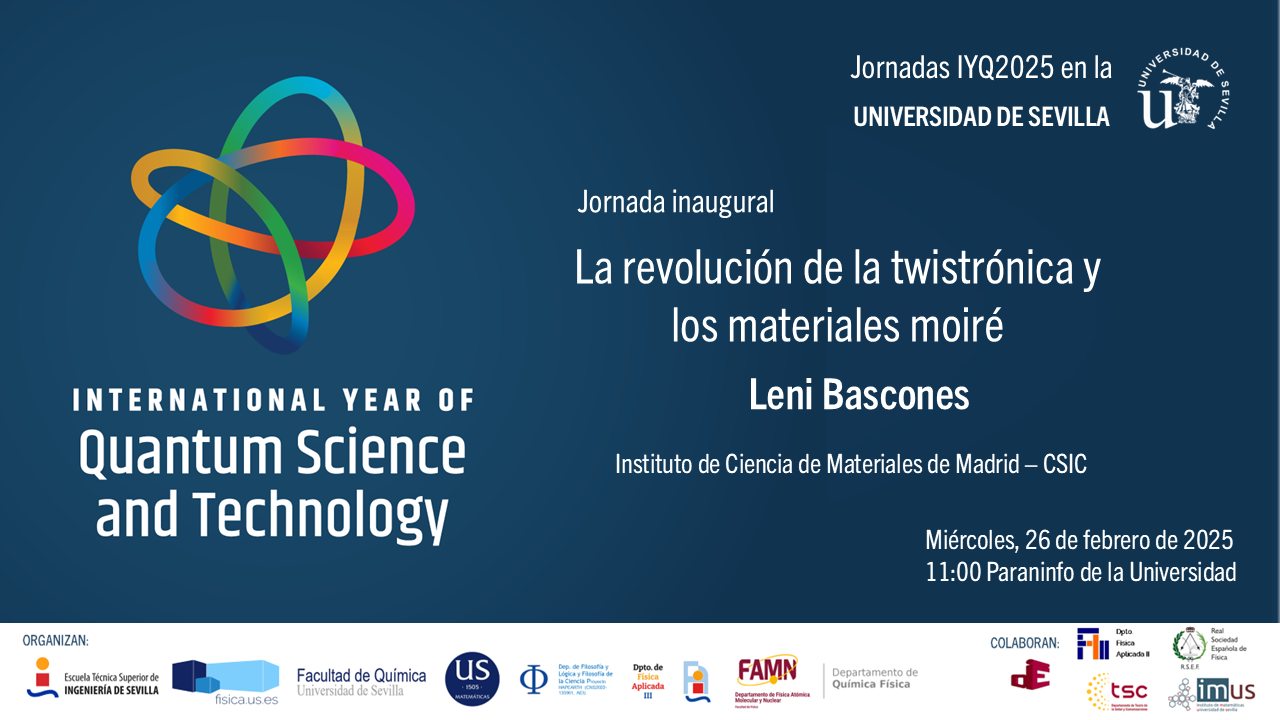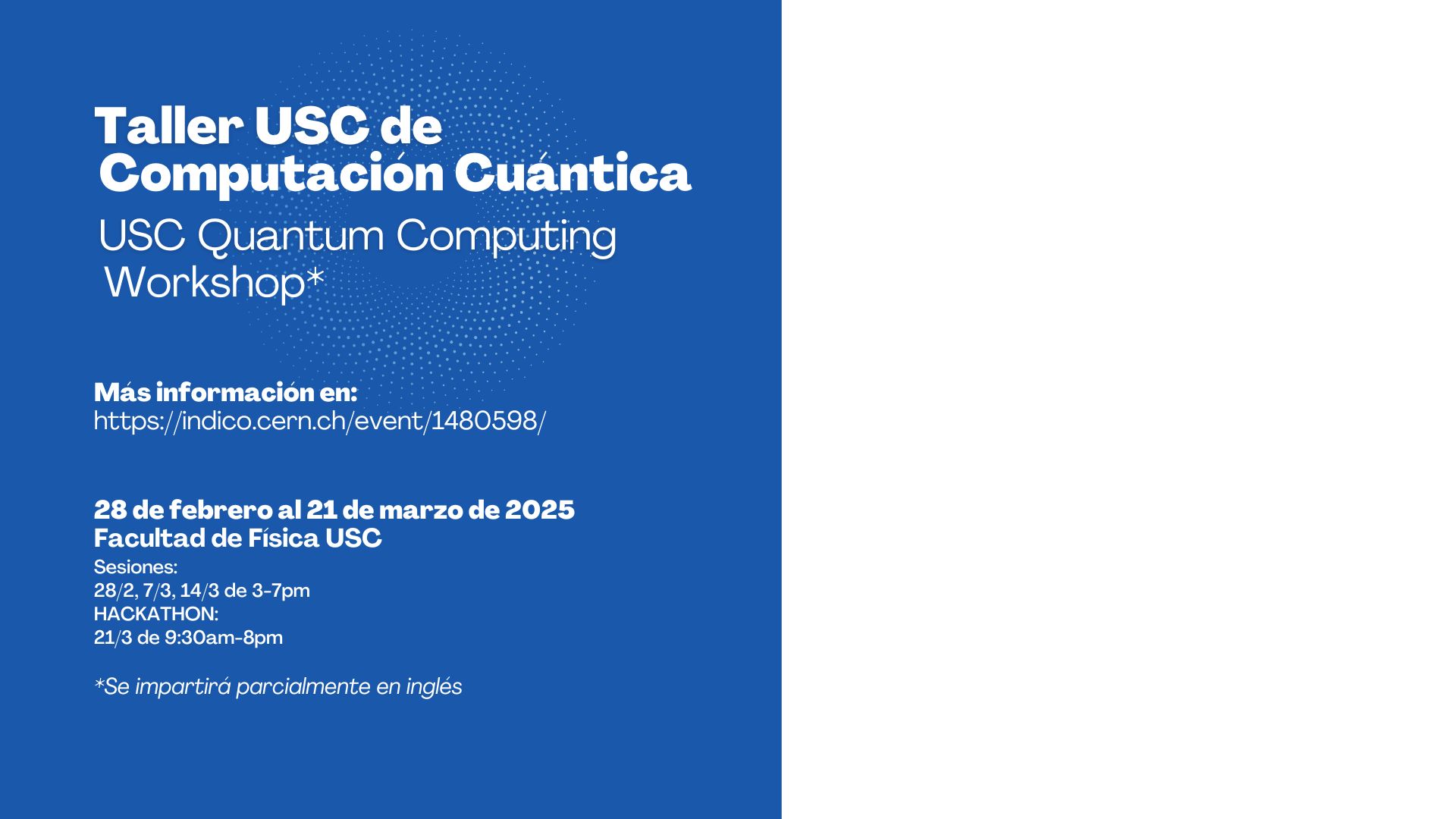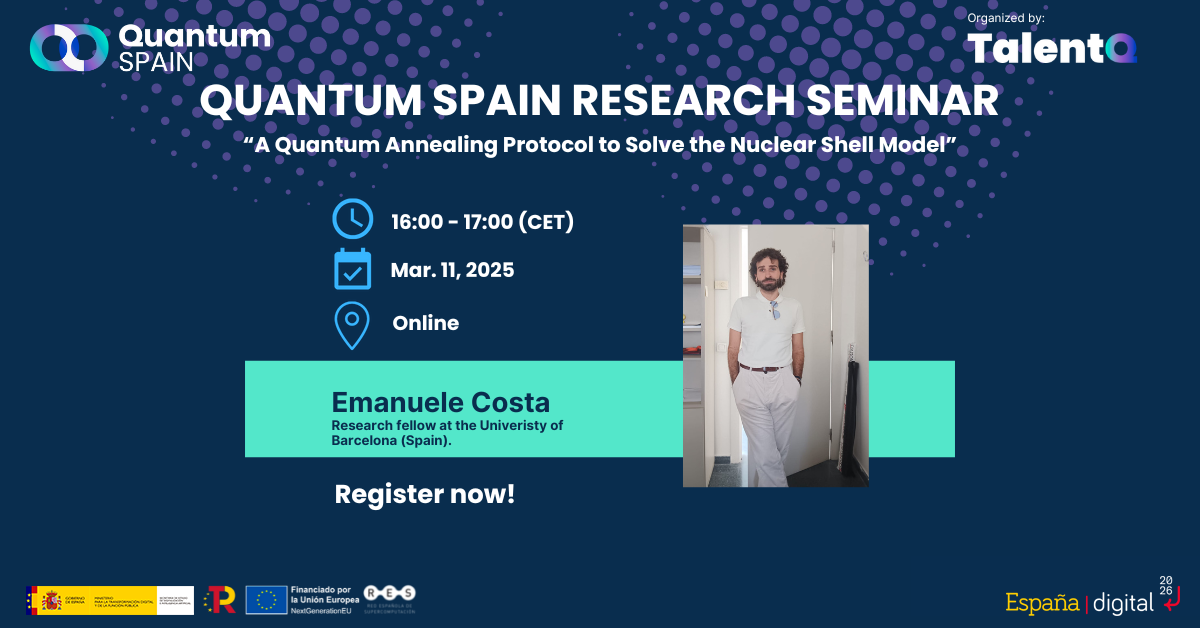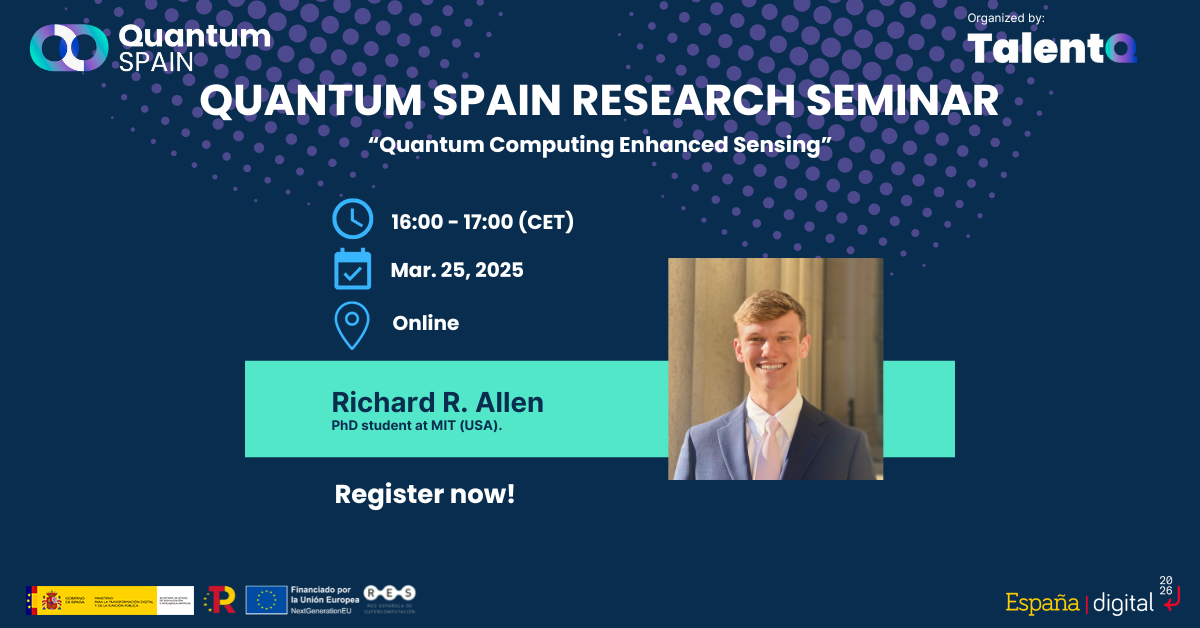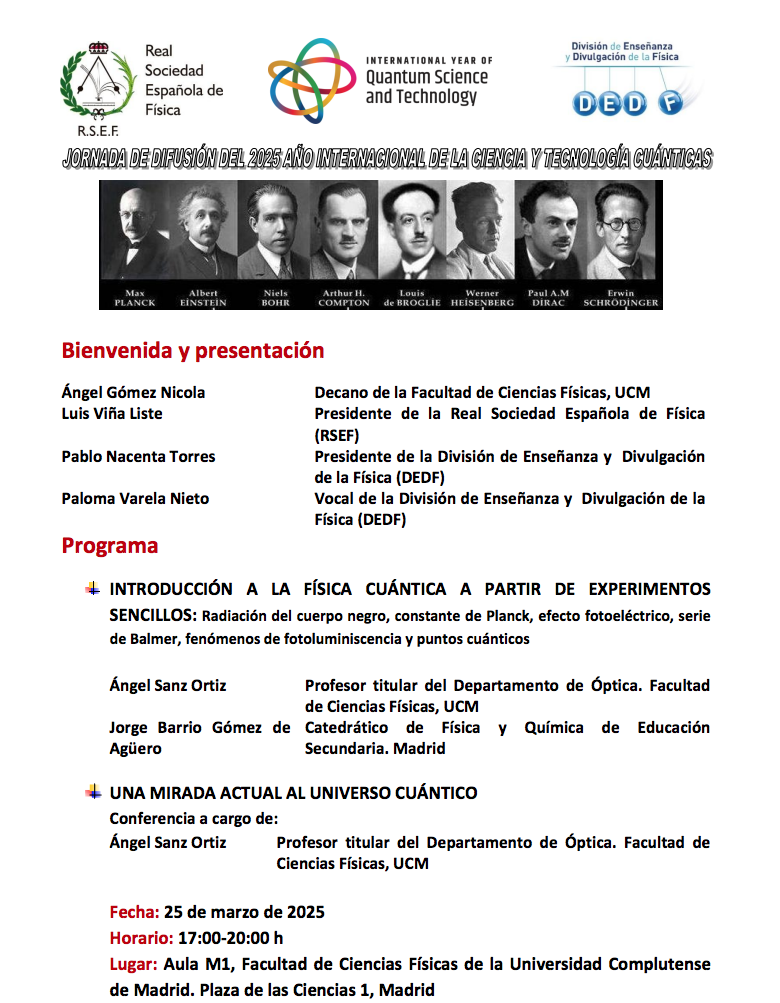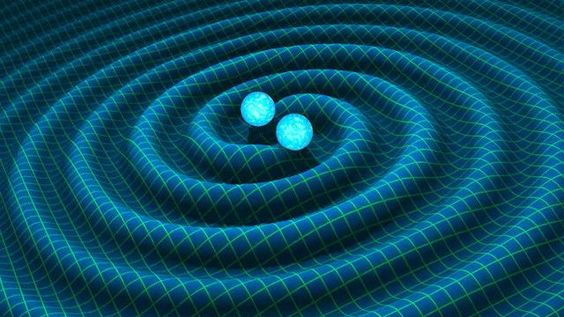TalentQ Seminar | Low-density parity-check codes as stable phases of quantum matter – Andrew Lucas
Speaker: Andrew Lucas Title: Low-density parity-check codes as stable phases of quantum matter Abstract: Phases of matter with robust ground-state degeneracy, such as the quantum toric code, are known to be capable of robust quantum information storage. Here, we address the converse question: given a quantum error correcting code, when does it define a stable […]


